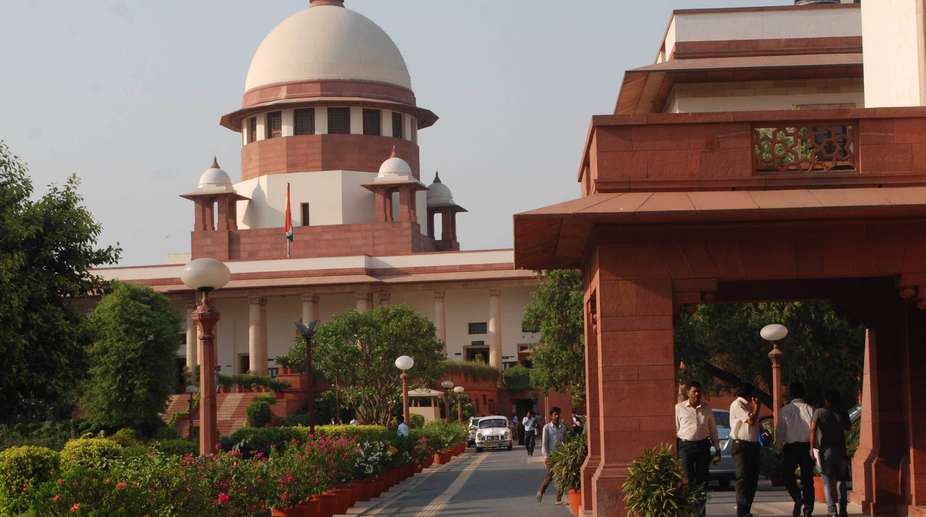SC seeks number of FIRs registered in instant triple talaq cases
Triple talaq ceased to exist on August 22, 2017, when the Supreme Court declared it void.

Supreme Court (PHOTO: Facebook)
The Supreme Court on Monday said it would hear, on March 2, a plea filed by an association of women dancers, waitresses, singers and other performers working in bars and hotels in Maharashtra challenging the constitutional validity of a 2016 state law putting conditions on dance performances.
A division bench of Justice Dipak Misra, Justice AM Khanwilkar and Justice Mohan M Shantanagoudar said it would hear the plea filed by 'Bharatiya Bargirls Union' along with related matters on March 2.
Advertisement
The other petition was filed by the Indian Hotel and Restaurant Association (IHRA), which challenged the constitutional validity of certain provisions of the Maharashtra Prohibition of Obscene Dance in Hotels, Restaurants and Bar Rooms and Protection of Dignity of Women Act, 2016, and the rules framed under it.
Advertisement
Saying the new Act "stigmatised their work", the Bharatiya Bargirls Union, has termed it as arbitrary and violative of their right to earn a livelihood through legitimate means.
It alleged that the term "obscene dance" in the act has been deliberately kept vague to allow police to harass women performers.
The new law unreasonably interferes with free choice of expression through dramatic performances and the right of women to practise the occupation of self-expression through such dramatic performances, said the plea.
The 2016 law for regulating dance bars came after the apex court on July 16, 2013 had struck down the restrictions imposed by the state police on the dance performances of any type in an eating house, permit room or beer bar.
On September 21 last year, the Supreme Court had directed dance bars in Maharashtra will continue to operate under the old terms that permitted serving of liquor, and the CCTV cameras kept only at the entrance.
The court did not put on hold the new rules that require installation of CCTV cameras in the dance bar area, limit the timing of the dances from 6 p.m. to 11.30 p.m., and prohibit serving of liquor in the bar room where dances are staged.
Advertisement